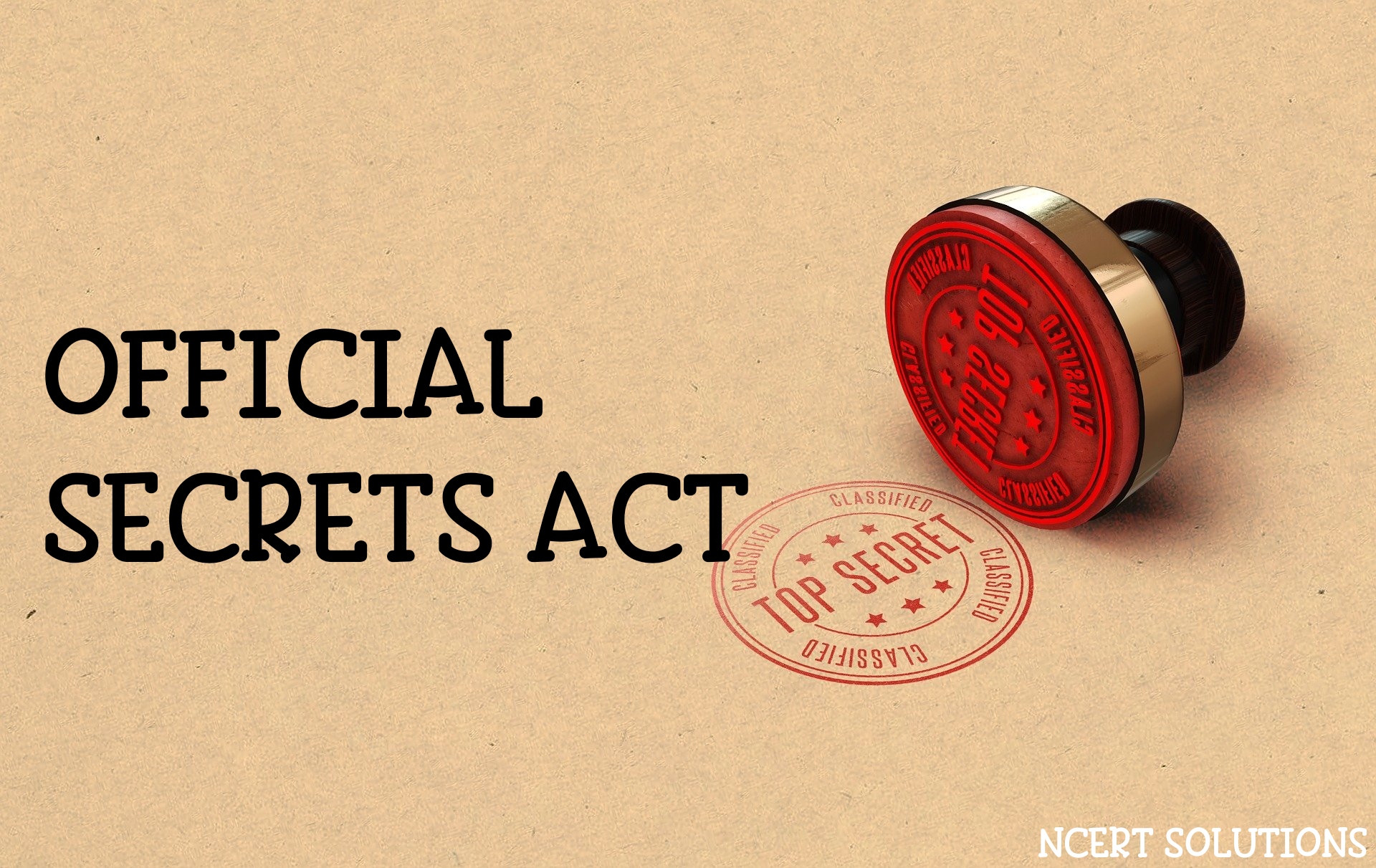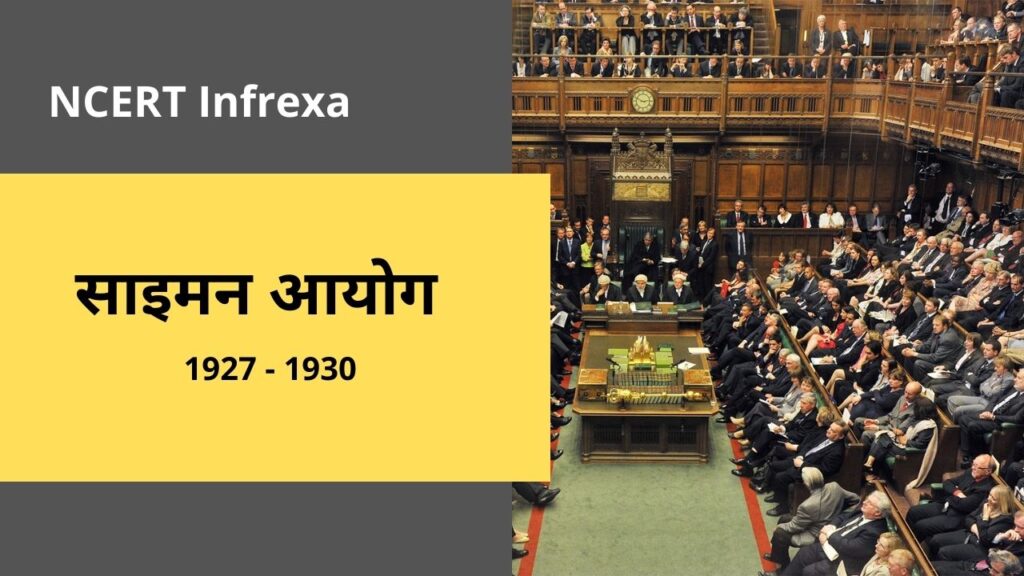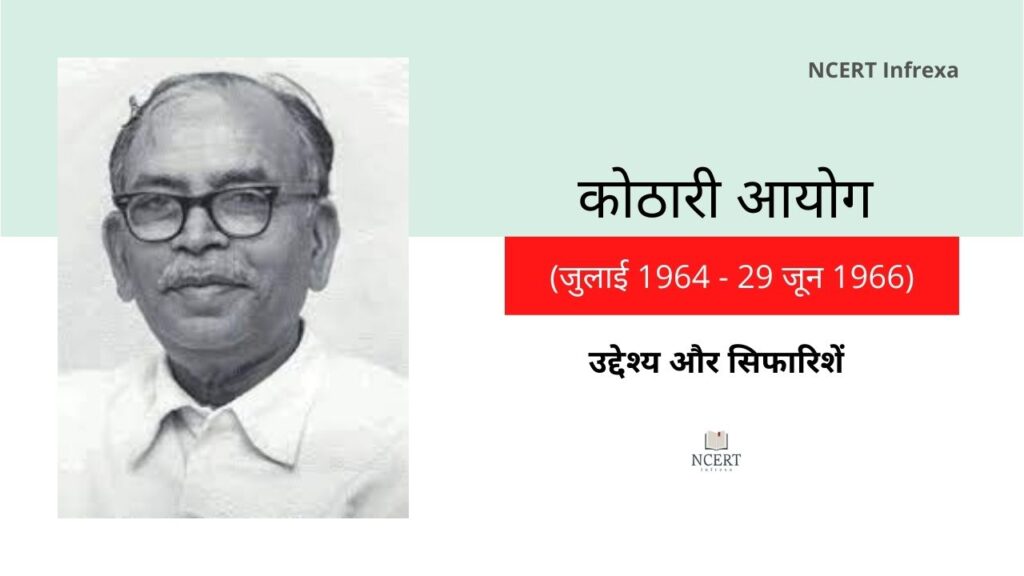The Official Secrets Act (OSA) is a crucial piece of legislation in India, safeguarding national security by protecting sensitive information from unauthorized disclosure.
Enacted in 1923, the OSA has undergone scrutiny and calls for reform, raising questions about its relevance in the modern era.
This comprehensive guide delves into the intricacies of the OSA, providing a thorough understanding of its provisions, potential conflicts, and ongoing debates.
Key Highlights of the Official Secrets Act
The OSA broadly encompasses two primary aspects:
- Espionage: This involves obtaining, possessing, or communicating secret information with intent to harm India’s sovereignty or interests.
- Disclosure of Government Secrets: Unauthorized disclosure of classified information, even if not intended to harm India, falls under this category.
What Constitutes Secret Information?
The OSA doesn’t explicitly define secret information, relying on the Departmental Security Directives, 1994 Manual, to categorize documents as confidential or secret. This includes official codes, passwords, sketches, plans, models, articles, notes, and other sensitive documents.
Penalties for OSA Violations
Upon conviction, OSA offenders face imprisonment for a term extending up to 14 years, fines, or both. Both the individual disclosing the information and the recipient can be held accountable.
Historical Context and Evolution of the OSA
The OSA traces its roots to the British colonial era, initially introduced in 1889 to suppress dissent against British policies. Subsequent amendments in 1904 and 1923 reinforced its stringent nature.
Conflict with the Right to Information Act
The OSA’s potential conflict with the Right to Information Act (RTI) Act, 2005, has been a subject of debate. Section 22 of the RTI Act grants primacy to other laws, including the OSA, in cases of inconsistency.
However, Sections 8 and 9 of the RTI Act allow the government to withhold information if it deems it detrimental to national security, potentially overriding the RTI Act’s transparency objectives.
Misinterpretation of Breach of National Security
Section 5 of the OSA, dealing with potential breaches of national security, has been criticized for its broad interpretation. This section criminalizes sharing information that could aid an enemy state, potentially leading to action against journalists who publish information deemed embarrassing to the government or armed forces.
Calls for Reform and Transparency
The OSA has faced criticism for its potential to restrict free speech and hinder transparency. The Law Commission, the Second Administrative Reforms Commission (ARC), and a high-powered committee constituted in 2015 have all advocated for the OSA’s repeal or significant amendments to enhance transparency and align it with the RTI Act.
Actions and Activities Under the Official Secrets Act
The OSA covers a wide range of actions and activities considered offenses:
- Mapping or Sketching Important Buildings: Creating maps or sketches of sensitive buildings or obtaining secret information from such documents is prohibited.
- Communicating Secret Information: Sharing secret information, including official codes, passwords, sketches, plans, or documents, to any unauthorized person is an offense.
- Interacting with Foreign Agents: Any interaction with a foreign agent, including visiting their address or obtaining their contact information, is considered unlawful.
- Breaching Confidentiality: Government employees or contractors sharing confidential information with unauthorized individuals are liable under the OSA.
- Failure to Safeguard Secret Information: Employees responsible for safeguarding secret information face penalties for failing to protect it.
- Transmitting Sensitive Information to Enemies: Sending maps, photographs, or other sensitive information related to defense operations or military actions to foreign enemies or agents is punishable under the OSA.
- Misrepresenting Identity to Enter Restricted Areas: Impersonating an officer or using a false identity to enter restricted areas is a serious offense.
- Tampering with Official Documents: Forging or tampering with official documents, such as passports, permits, or certificates, is prohibited.
- Corporate Liability: In cases where a company is found to have committed an OSA offense, the company’s directors and individuals responsible can be held liable.
Punishment for OSA Violations
Convictions under the OSA carry variable penalties depending on the severity of the offense. For general offenses, imprisonment for up to three years is prescribed. However, offenses related to defense matters can result in imprisonment for up to 14 years.
Recent Events Associated with the OSA
In recent years, there have been several high-profile cases involving the OSA. These cases have highlighted the challenges of balancing national security with the public’s right to information.
- 2010: Madhuri Gupta, an Indian diplomat, was arrested for leaking sensitive information to Pakistan’s intelligence agency, ISI. She was




